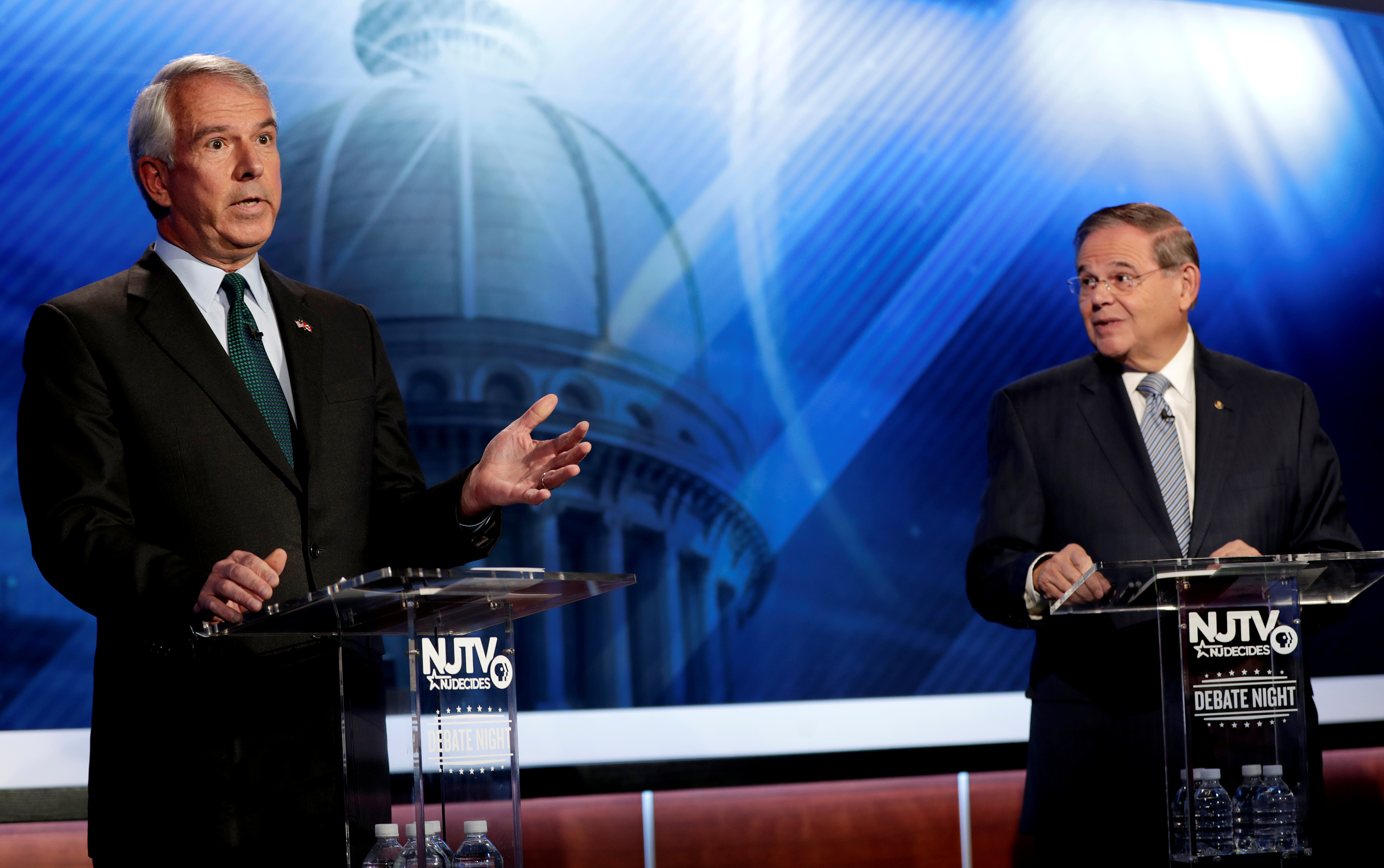



In October 1997, President Bill Clinton nominated openly gay diplomat James Hormel to be United States Ambassador to Luxembourg, the first time an openly LGBT person had been nominated for an ambassadorship. In 1994, Smith and fellow Republican senator Jesse Helms of North Carolina introduced an amendment denying federal funding to schools which promoted homosexuality in their curricula. ĭuring his tenure in the Senate, Smith was a strident opponent of gay rights. On the night of the election many American media networks incorrectly projected that Swett had won. Smith had established himself as the most conservative Senator from the Northeast, and Bill Clinton's coattails nearly caused his defeat. Representative Richard Swett, taking 49% of the vote to Swett's 46%. Smith ran for re-election in 1996 and only narrowly defeated Democratic former U.S. Smith helped create, and served as vice-chairman of, the 1991–1993 Senate Select Committee on POW/MIA Affairs. The Vietnam War POW/MIA issue, concerning the fate of possible missing or captured Americans in Vietnam, became Smith's major issue in Congress in 1985, partly spurred on by his growing up without knowing how his own father died in World War II. Humphrey resigned in December after being elected to the New Hampshire Senate and Smith was appointed to replace him for the final two months of his term. Smith beat him in a landslide, taking 65% of the vote to Durkin's 31%. Durkin, who had previously served in the Senate from 1975 to 1980. Humphrey, who was retiring after pledging not to serve more than two terms. Senate seat that was being vacated by retiring Republican Gordon J. Smith did not run for re-election in 1990, instead running for the U.S. He also served on his local school board and got into the real estate business as owner and operator of the Yankee Pedlar brokerage.

Smith settled in Wolfeboro, New Hampshire, where he taught history and English. He remained in the Navy Reserve until 1969. He served in the United States Navy Reserve from 1962 to 1965 as an ensign, and was on active duty from 1965 to 1967, including a year in Vietnam. He obtained a bachelor's degree from Lafayette College in 1965 and did graduate work at California State University, Long Beach. Smith was born in Trenton, New Jersey, the son of Margaret (née Eldridge) and Donald Smith. He subsequently returned to New Hampshire, where he declared his candidacy for the Republican nomination in the 2014 Senate election, but was defeated in the Republican primary by former U.S. After his defeat he moved to Florida and briefly ran for the Senate from there in 2004 and in 2010, but dropped out early on in both cases after faring poorly in polls of the Republican primary. Smith ran for re-election in 2002 but lost the Republican primary to Congressman John E. He then re-joined the Republican Party after the Chairmanship of the Senate Committee on Environment and Public Works became open, which he then assumed. He then changed parties again, becoming an Independent before dropping out of the presidential race altogether. After failing to gain traction, he withdrew before the primaries began and joined the Taxpayers' Party, seeking their nomination instead. He was re-elected in 1996 and then entered the Republican primary for the 2000 presidential election. Robert Clinton Smith (born March 30, 1941) is an American politician who served as a member of the United States House of Representatives for New Hampshire's 1st congressional district from 1985 to 1990 and the state of New Hampshire in the United States Senate from 1990 to 2003.įirst elected to the House of Representatives as a Republican in 1984, he was re-elected twice before running for the Senate in 1990, winning the open seat and assuming it early when incumbent Gordon J.


 0 kommentar(er)
0 kommentar(er)
